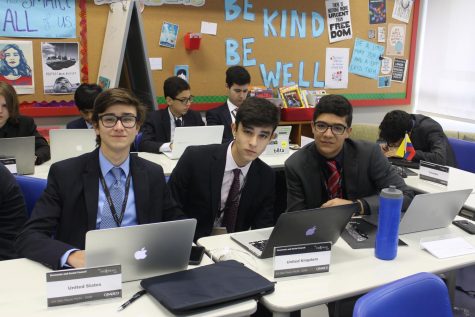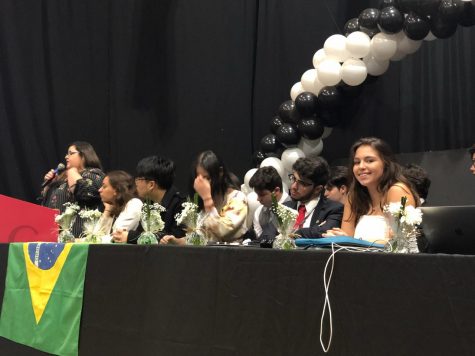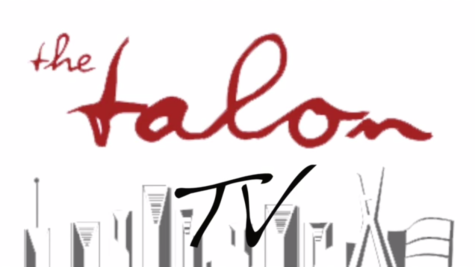America the Ugly
I don’t even drink soda, but it was impossible to ignore the uproar caused in the past few days about Coca-Cola’s Super Bowl commercial.
The one-minute long ad titled “It’s Beautiful” presented a version of “America the Beautiful” sung in nine different languages—Spanish, Hindi, Mandarin, Hebrew, Tagalog, Senegalese-French, Arabic, Keres, and English—accompanied by everyday scenes from American life. It showed people of different genders, ages, ethnicities, sexual orientations, and social backgrounds in a celebration of America’s cultural diversity.
The ad, however, sparked instant controversy online and showed the not-so-pretty side of the United States. Angry patriotic Americans expressed their belief that their freedom song should only be sung in English. The hashtags #SpeakAmerican and #BoycottCoke started trending instantly on Twitter. Todd Starnes from Fox News tweeted, “So was Coca-Cola saying America is beautiful because new immigrants don’t learn to speak English?”
This raises the question: why should an English-speaking country advertise in languages other than English? The truth is that America has never been and will never be the land of just one language. First of all, before English colonization, it was the land of many indigenous languages, none of which even resembled English. According to the US Census Bureau, 60.6 million US residents speak a language other than English at home, two-thirds of which speak Spanish. Moreover, as stated by the US government, there is no “official” language. Unlike those angry Americans, Coke is the one that seems to be objectively looking around the country and recognizing that the United States is not a monocultural country—strength that should be praised instead of abhorred.
Not all reaction was negative, though. Sen. Lisa Murkowski of Alaska, a Republican, tweeted, “My favorite commercial so far! Coca Cola’s America the Beautiful ad. Gave me goosebumps, and I don’t even drink pop! #superbowlcommercials.”
Conservative American critics seem to be complaining about the essence of their country—diversity—which is at the very least a paradox. The debate about Coke’s commercial is raising a necessary reflection about immigration, inclusion, and identity. It is also worth noting that “It’s Beautiful” was the first time a gay family was pictured in a Super Bowl commercial. Gone are the days of racist and sexist Super Bowl ads, but it is clear that the mentality of some spectators still hasn’t changed.
On Thursday, Coke published a press release as a response to the controversy over its ad, saying that “the ad provides a snapshot of the real lives of Americans representing diverse ethnicities, religions, races and families, all found in the United States.”
That does not mean, though, that Coke is honorable about everything. Their ultimate message, other than “embrace diversity,” is “buy Coke.” It is undeniable that presenting a heartfelt and yet controversial commercial on Super Bowl Sunday—which is perhaps besides the Fourth of July the most American day of the year—was a true marketing success. No matter on what side of the debate we stand on, as long as we keep talking about it, the company is achieving its goal of selling even more bottles of carbonated soft drinks with unbelievably high amounts of sugar. Like it or not, Coke is the winning team after all.

Luiza, or Lu for short, has been in the POV section for the past two years. When she’s not busy writing her articles, she can be found sitting around...









